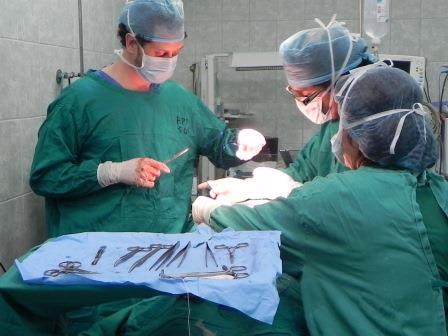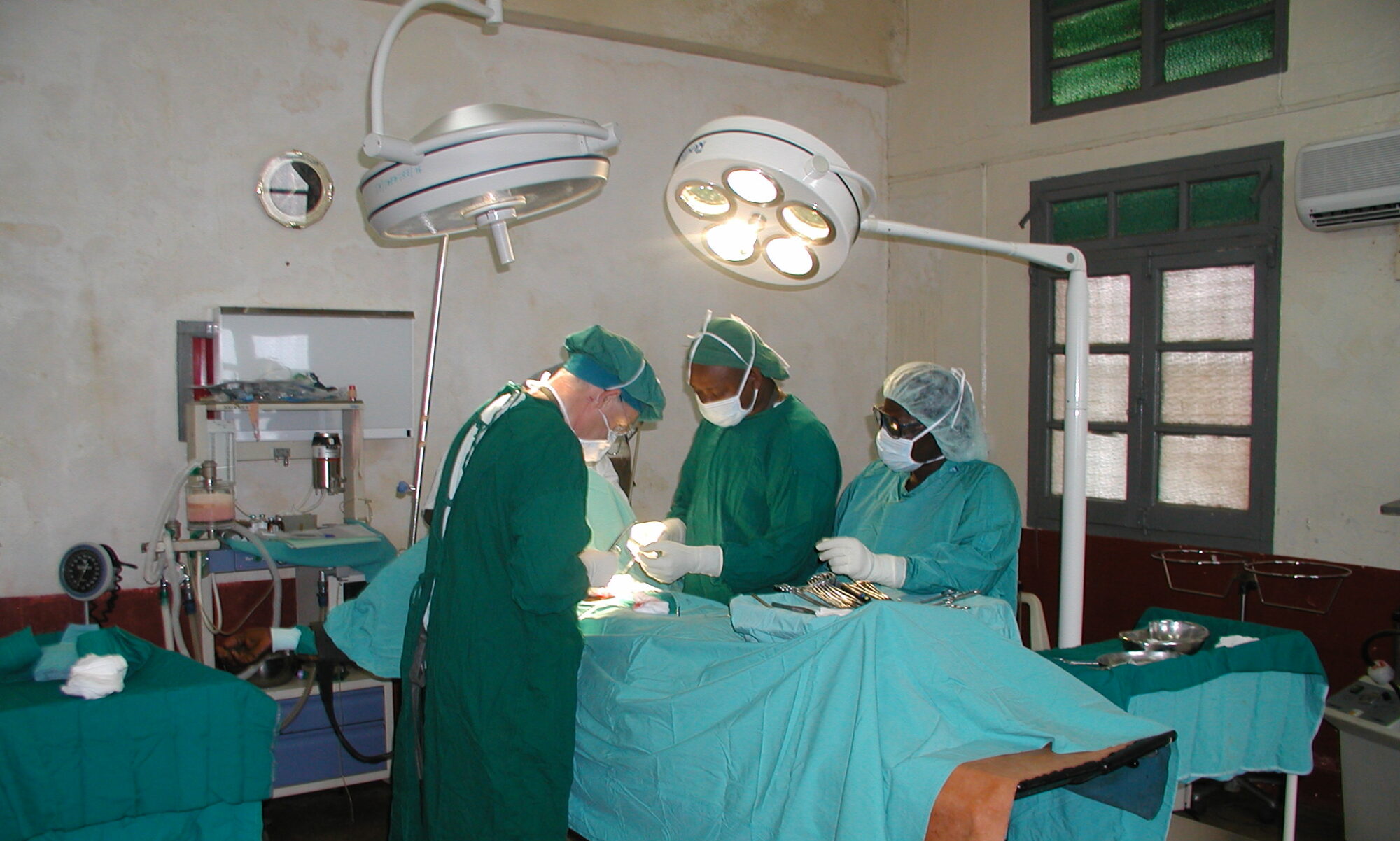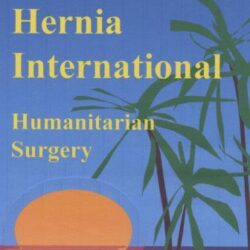Our volunteers (who are our main asset) pay for their own travel and accommodation expenses in the host country. The money that you give will be spent on improving infrastructure (generators, air conditioners, water supply, operating theatre) and equipment (diathermy units, surgical instruments, gowns, drapes) and supplies (mosquito net mesh for the hernia repair, sutures, surgical gloves, syringes, needles etc), so that we can deliver high quality surgery.

Hernia International Constitution
1. The charity’s name is Hernia International.
2. The purposes of the charity are the relief of sickness and the protection and preservation of the health of persons affected by groin and abdominal hernias through the provision of financial assistance, surgical operations, surgical equipment, surgical facilities, practical advice and education to those people residing permanently or temporarily in low- and middle-income countries.
3. The charity is managed by a Committee of Trustees who were appointed at the Annual General Meeting (AGM) of the charity.
4. In order to carry out the charitable purposes, the trustees have the power to:
(1) Raise funds, receive grants and donations
(2) Apply funds to carry out the work of the charity
(3) Co-operate with and support other charities with similar purposes
(4) Do anything which is lawful and necessary to achieve the purposes
5. Membership
The charity has a membership of surgeons who support the work of the charity. The charity keeps an up-to-date membership list. The trustees may remove a person’s membership if they believe it is in the best interests of the charity.
6. Annual General Meeting – AGM
(1) An AGM may be held every year and 14 days’ notice will be given to members informing them what is on the agenda. Minutes will be kept of the AGM.
(2) There must be at least three members present at the AGM.
(3) Every member has one vote.
(4) The trustees shall present the annual report and accounts.
(5) Any member may stand for election as a trustee.
(6) Members shall elect between 3 and 5 trustees to serve for the next year. They will retire at the next AGM but may stand for re-election.
7.Trustee meetings
(1) Trustees will hold at least 2 meetings each year. At their first meeting after the AGM they will elect a chair, treasurer and secretary. Trustees may act by majority decision.
(2) At least 2 trustees must be present at meetings to be able to take decisions. Minutes shall be kept for every meeting.
(3) If trustees have a conflict of interest they must declare it and leave the meeting while this matter is being discussed or decided.
(4) During the year, the trustees may appoint up to 2 additional trustees. They will stand down at the next AGM.
(5) The trustees may make reasonable additional rules to help run the charity. These rules must not conflict with this constitution or the law.
8. Money and property
(1) Money and property must only be used for the charity’s purposes.
(2) Trustees must keep accounts. The most recent annual accounts can be seen by anybody on request.
(3) Trustees cannot receive any money or property from the charity, except to refund reasonable out of pocket expenses.
(4) Money must be held in the charity’s bank account. All cheques must be signed by 2 trustees.
9. General meetings
If the Trustees consider it is necessary to change the constitution, or wind up the charity, they will call a General Meeting so that the membership can make the decision. Trustees must also call a General Meeting if they receive a written request from the majority of members. All members must be given 14 days’ notice and told the reason for the meeting. All decisions require a two thirds majority. Minutes will be kept.
(1) Winding up – any money or property remaining after payment of debts will be given to a charity with similar purposes to this one.
(2) Changes to the Constitution – can be made at AGMs or General Meetings. No change can be made that would make the organisation no longer a charity.
(3) General Meeting – called on written request from a majority of members.
(4) Trustees may also call a General Meeting to consult the membership

